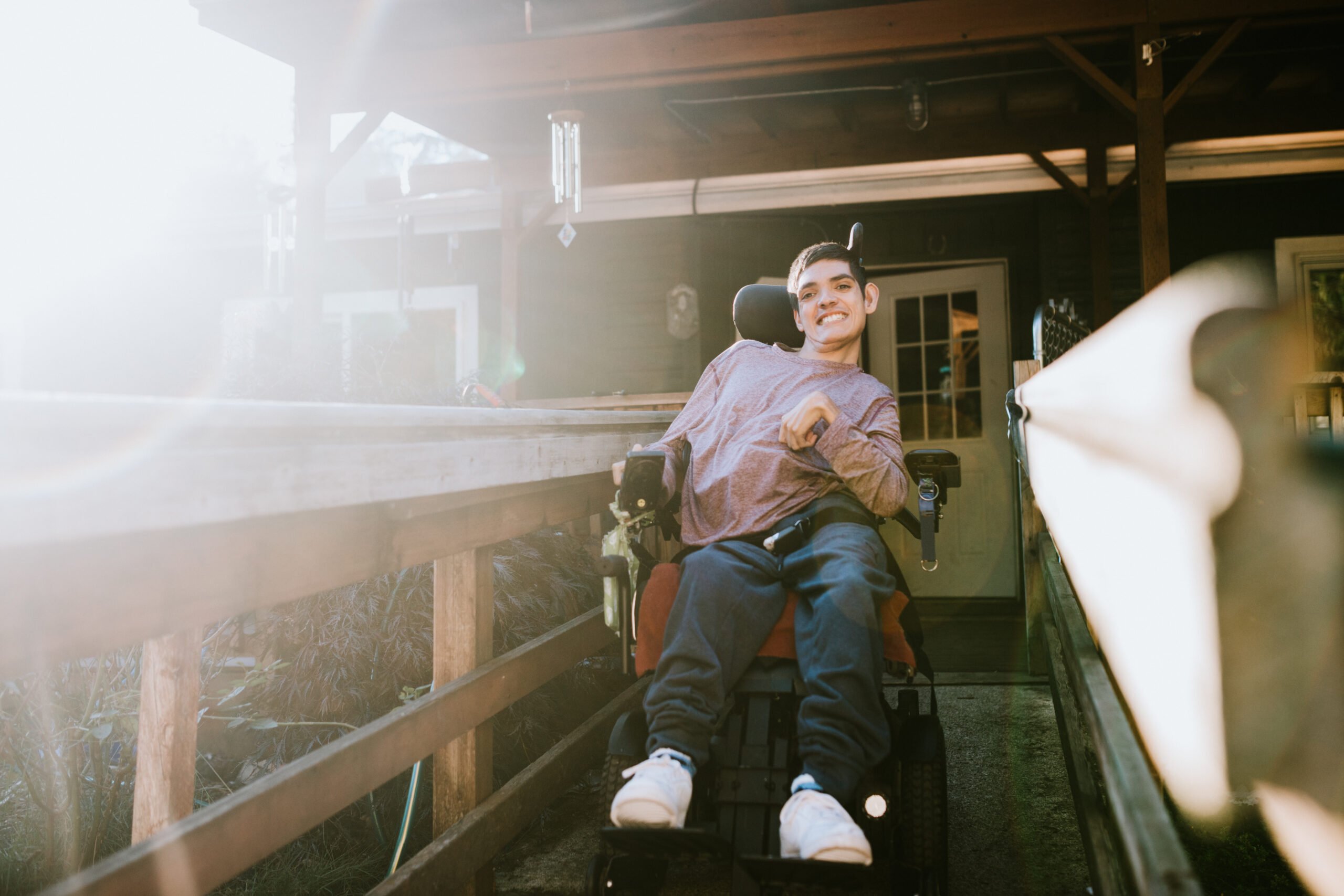Updated: Jul 21, 2023
Caring for a loved one in need is a deeply compassionate and selfless act and a challenging and often lonely endeavour. Informal personal carers, which support family members, neighbours, or friends facing disabilities, illnesses, or ageing, play a crucial role in society. There are approximately 2.8 million informal carers in Australia alone, with projections indicating a 23% rise in demand by 2030. Despite their indispensable contribution, these carers often lack the necessary support for their well-being. The Australian Government is providing over $838 million over four years to 2025-26 to support informal care; HCPA currently supports a range of care providers and workers accessing funding support who provide invaluable care and support to people.
Many informal carers revealed that their role was not one they chose willingly but out of necessity. They felt invisible and undervalued, with their tireless efforts often going unnoticed. The compensation provided to carers, such as carer payments, must be equivalent to full-time pay. For instance, the carer payment in Australia represents only 28% of weekly ordinary time earnings, resulting in an annual loss of approximately $17,700 in superannuation for carers. Unfortunately, the recent federal budget and national strategies have failed to address these shortcomings explicitly, leaving carers feeling unsupported.
Informal carers frequently provide round-the-clock care, sacrificing their well-being and personal aspirations. Many have put their careers on hold or even quit their jobs to fulfil their caregiving responsibilities. This sacrifice takes a toll on their mental health and sense of self. Carers spoke of losing their identities as their lives revolved around the demanding and time-consuming work of caring for others. Their goals and ambitions often become unattainable, creating profound isolation and frustration.
The mental health impact on carers cannot be ignored. The interviews with carers revealed the prevalence of depression, anxiety, and overall mental strain resulting from their caregiving role. Constantly prioritising the needs of their loved ones while neglecting their own creates a detrimental cycle. As a result, carers find themselves physically and emotionally exhausted, feeling incapable of meeting their demands. Their desperate need for support and respite often goes unaddressed, leaving them isolated and overwhelmed.
The contribution of informal carers is valued, and they are supported to sustain their caring roles.
How will we get there?
As the population ages and care quality concerns emerge, the role of informal carers becomes increasingly vital. It is imperative to recognise and address the unique challenges these carers face. A good starting point would be implementing career-inclusive activities, but more comprehensive policies must also be developed. These policies should acknowledge the personal and professional development needs of carers, tackle the feelings of abandonment and social isolation they experience, and establish support structures separate from their caregiving roles. HCPA provides all-in-one solutions and has supported many aged care business providers and workers accessing government funding.
The Australian Government is developing a Carer Inclusive Workplace Initiative to educate employers and empower carers to improve carer inclusivity in Australian workplaces. The Carer Inclusive Workplace Initiative will enable businesses, in particular small businesses, to self-identify as a carer-inclusive organisation without the time commitment and cost associated with a complete accreditation process. The initiative is expected to be launched in late 2023.
Carer Gateway is the Government’s national carer support service for all carers, providing early intervention and preventative support to help them in their caring role and participant socially and economically.
Informal carers are the unsung heroes of our society, providing invaluable care to loved ones in need. However, their selfless work often comes at a significant personal cost, leaving them feeling invisible, overwhelmed, and isolated. We must acknowledge and support the well-being of informal carers, ensuring they receive the recognition, assistance, and respite they desperately need. By formalising support systems and addressing their unique needs, we can create a society that values and respects the sacrifices made by these dedicated individuals.
HCPA specialise in helping businesses to navigate the complexities of government regulated industries. If you are considering starting or growing your care-based business, contact us now here, we will contact you to discuss and answer any questions you may have.
SOURCES | The Conversation ‘We lose ourselves: carers talk about the lonely, stressful work of looking after loved ones‘ |





